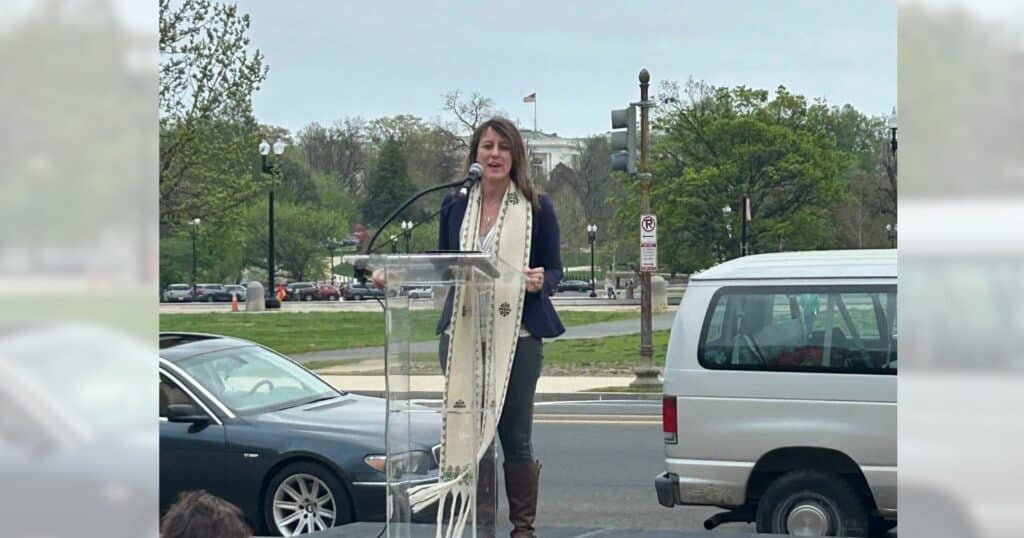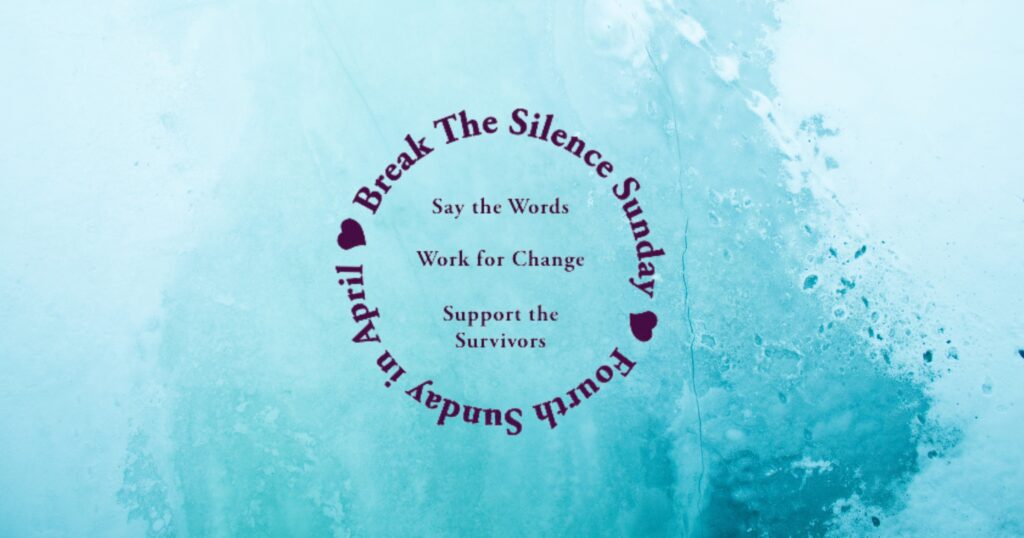General Synod delegates overwhelmingly approve resolution repudiating the Doctrine of Discovery
Although proponents of the resolution repudiating the Doctrine of Discovery did not receive the 100% affirmation they had hoped for from General Synod delegates, they came very close.
Of the 794 delegates voting on the resolution, the first resolution brought before delegates during the Monday morning plenary session, 96.5% voted for its approval.
In speaking in favor of the resolution, Brian Burke, the committee chair and a delegate from the Ohio Conference, reminded those present that the Habakkuk theme of General Synod reminds us that the time for the message to come true is coming soon and we must be patient and wait.
“Many people have been patiently waiting for their time, especially Native Americans who have been displaced from their homelands because of the Doctrine of Discovery,” he said.
The Doctrine of Discovery, a well-established idea among Christian nations for many centuries that is still being used today, claims that any land not belonging to Christians can be taken into possession by the one who discovers it.
Burke explained that although the committee had enthusiastic support for the resolution, “in true UCC fashion, the devil was in the details.”
Recommended changes included a clarification that the effect of the Doctrine was not just on land rights but also on rights to resources and that it affected not just the Native Americans but the native peoples of all 50 states, including Alaskan Natives and Native Hawaiians.
Other changes suggested by the committee added a stronger emphasis on the importance of repudiation of the Doctrine and a call to confession and repentance.
Adrian Maxey of the Dakota Association, speaking in his native language, which was translated by Kansas Oklahoma Conference youth delegate Kaitlyn Lemley, reminded delegates that even the name “Doctrine of Discovery” doesn’t make any sense.
“I stand here to say the native people were never lost and they are not lost now. They were exactly where the Creator put them; therefore, they cannot be discovered,” said Maxey. “They already know the Creator and the Creator knows them. This is true for all people.”
Rosanne Dyce-Andersen, a delegate of the Justice and Witness Ministries Board from the South Dakota Conference, said that the resolution originally came out of sacred conversations on race within the South Dakota Conference and the Dakota Association. When Justice and Witness Ministries was asked to add their name to the resolution, they received unanimous support.
“When it went to the South Dakota Conference meeting in early June, we again got 100% vote,” said Dyce-Anderson. “I am asking you to consider this resolution and I ask for a 100% delegate vote here.”
Jim Moos, Executive for Wider Church Ministries, spoke in support of the resolution, joining Justice and Witness Ministries and the Council for American Indian Ministries in commitment to its implementation.
In a final appeal prior to the discussion and vote, Burke reminded delegates that Native Americans, Alaskan Natives and Native Hawaiians “have patiently waited and are patiently waiting and committee one hopes General Synod will award their patience.”
And, the delegates did—with overwhelming support.
Related News
Churches for Middle East Peace marks 40th anniversary: Words and deeds prevail at advocacy summit
Churches for Middle East Peace (CMEP), a coalition of more than 30 national churches and...
Read MoreUCC Stewardship materials now available
The new United Church of Christ stewardship materials are now available from UCC Resources to...
Read MoreApril 28 is Break the Silence Sunday: Congregations join in supporting survivors of sexual assault
This news piece features discussion of sexual assault. When the Rev. Moira Finley set up...
Read More

